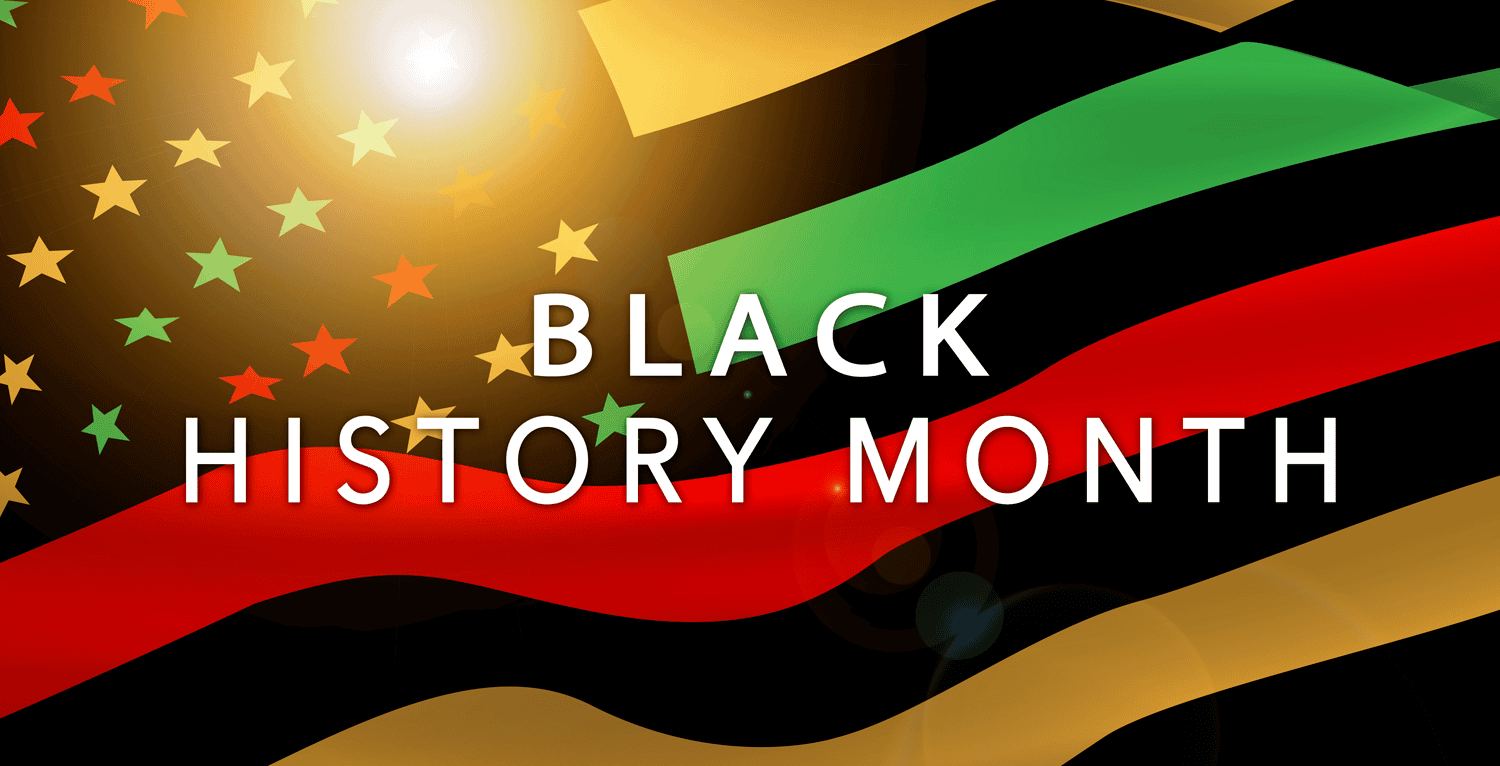
The Importance of Black History Month in the Workplace
In the US, February marks the start of Black History Month – which aims to recognize the achievements of Black Americans and their contributions made to American history. It has been celebrated nationally since 1976, but was being taught even before this all the way back to 1926, with the founding of Negro History Week.
And yet, despite actively trying to be conscious of the value that Black Americans have brought to their country, we can see that, even today, they are still faced with severe disparity – especially in the workplace.
The first Black CEO of a Fortune 500 company was not promoted to this role until 1987 – now, if we fast forward to the 2021 research gathered by SHRM, there were only four new Black CEOs of Fortune 500 companies, two Black men and two Black women. This equates to 0.8% of Black people in a CEO position, compared with 86% of White men.
This is without mentioning the fact that the Washington Post found that only 8% of the 50 most valuable corporations in the US had Black workers in top executive roles. This is a stark realization that in a month where we celebrate the value of Black people in America, they are still heavily undervalued in the corporate world.
That’s why I find it so important to remind people why we still celebrate Black History Month. Because we are still on the journey to equality and the eradication of prejudices. Therefore, it is crucial that employers are using this month to reflect on their diversity, equity and inclusion policies, as well as listening to the voices of their employees of color, so that they can show they are continuously committed to changing for the better.
Racism in the United States is deeply, deeply rooted, and it is still very much present in many of our society’s systems and structures. The first thing most organizations can and should do is admit that, to some degree, there are biases and inequalities still present in their workplace culture. As these prejudices are systemic and subconscious, they can be easily overlooked due to being less overt. However, talking about disparity, shining a light on the fact that the experiences and opportunities for Black people are different and scarcer than their White counterparts, is a step all employers need to be taking to work towards achieving true equality.
Cultivating an inclusive environment at work that leverages differences is a continuous journey – it requires consistent work and dedication, but it produces real, beneficial results for your team and your company. Black History Month demonstrates all the incredible things that have been achieved by Black American trailblazers over the course of history, and employers who are educating themselves and their people around this will better understand that the best innovations come from diversified perspectives.
Copyright OrgShakers: The global HR consultancy for workplace transformation founded by David Fairhurst in 2020